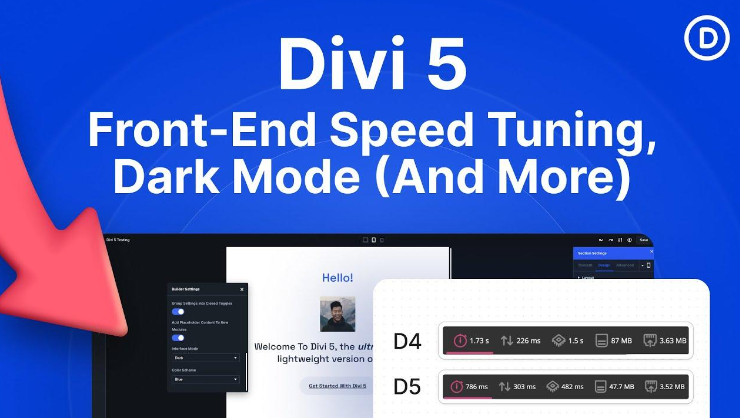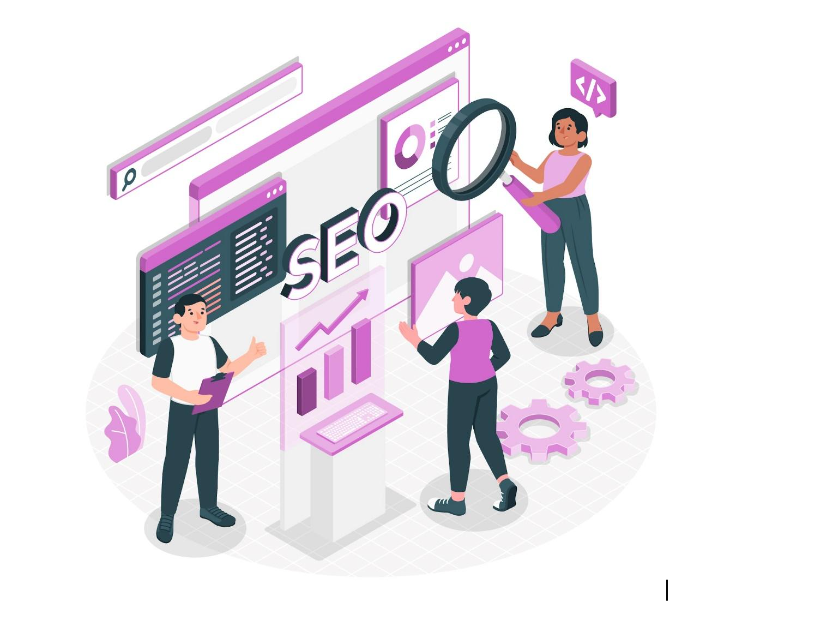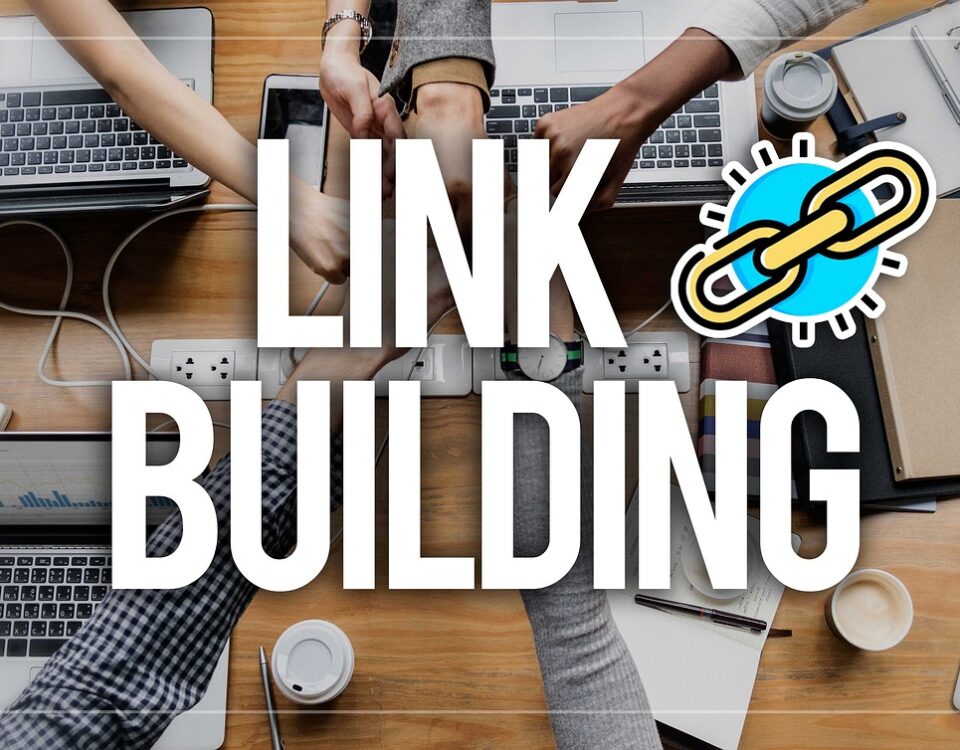
How can you ensure that your website is customizable for future updates and changes?
June 6, 2023
How should a WordPress website be optimized for fast loading times?
June 8, 2023Implementing proper security measures is crucial to protect a WordPress website from potential threats and vulnerabilities. Here are some essential security measures that should be implemented:
- Keep WordPress Updated: Regularly update WordPress core, themes, and plugins to ensure you have the latest security patches and bug fixes. Outdated software can be more susceptible to vulnerabilities.
- Strong Passwords: Use strong, unique passwords for all user accounts, including administrators, contributors, and editors. Avoid using common or easily guessable passwords and consider implementing two-factor authentication for an extra layer of security.
- Limit Login Attempts: Install a plugin that limits the number of login attempts to prevent brute-force attacks. This restricts the number of incorrect login attempts from a specific IP address, making it harder for unauthorized individuals to gain access.
- Use Secure Hosting: Choose a reputable hosting provider that prioritizes security measures. Ensure they regularly update server software, provide secure protocols (e.g., SSL/TLS), and have strong firewalls and intrusion detection systems in place.
- Use Secure Themes and Plugins: Only install themes and plugins from trusted sources. Verify their credibility, check for regular updates, and read reviews from other users. Delete any unused themes or plugins, as they can serve as potential entry points for hackers.
- Regular Backups: Perform regular backups of your WordPress website and its database. Store the backups in a secure location, separate from your website server. In the event of a security breach or data loss, backups allow you to restore your website to a previous state.
- Implement a Web Application Firewall (WAF): A WAF can protect your website from malicious traffic, SQL injections, cross-site scripting (XSS) attacks, and other common threats. It filters incoming traffic and blocks suspicious or harmful requests before they reach your website.
- Secure File Permissions: Set appropriate file and directory permissions to restrict unauthorized access to critical files. Ensure that sensitive files are not publicly accessible, and limit write permissions to essential directories.
- Use Security Plugins: Install security plugins that offer additional layers of protection, such as malware scanning, login lockdown, and file integrity monitoring. These plugins can enhance your website’s security and help detect and mitigate potential threats.
- Monitor and Audit: Regularly monitor your website for any suspicious activities, such as unauthorized login attempts or unexpected file changes. Set up security alerts and review log files to identify any potential security breaches.
Remember, no security measure is fool proof, but implementing these measures significantly reduces the risk of your WordPress website being compromised. It’s essential to stay vigilant, keep up with security best practices, and be proactive in maintaining the security of your website.
Other questions to ask your WordPress Designer
- Can you provide examples of websites you have designed using WordPress?
- What is your process for designing a WordPress website?
- Will the website be mobile-responsive?
- How will you ensure the website is optimized for search engines (SEO)?
- Can you integrate third-party tools or plugins into the WordPress website?
- Will the website be customizable for future updates and changes?
- What security measures will be implemented to protect the website?
- Will the website be optimized for fast loading times?
- How will the website be tested for compatibility across different browsers and devices?
- Can you provide training or documentation on how to use the WordPress CMS?
- Will the website be integrated with social media platforms?
- Should I migrate content from my old website or just create new content?
- What are the costs associated with building and maintaining the WordPress website?
- Will the website be accessible and compliant with web accessibility guidelines?
- How will the website be backed up and what is the disaster recovery plan?
- What is the estimated timeline for completing the WordPress website?
- Can you provide ongoing support and maintenance services for the WordPress website?
Planning to set up a website? Or is it time to redesign your old one? Let us help you take your business to the next level with our affordable, professional web design services! Call us now on (0) 1 960 9023 or click here to book a free consultation!
Image by rawpixel.com on Freepik




